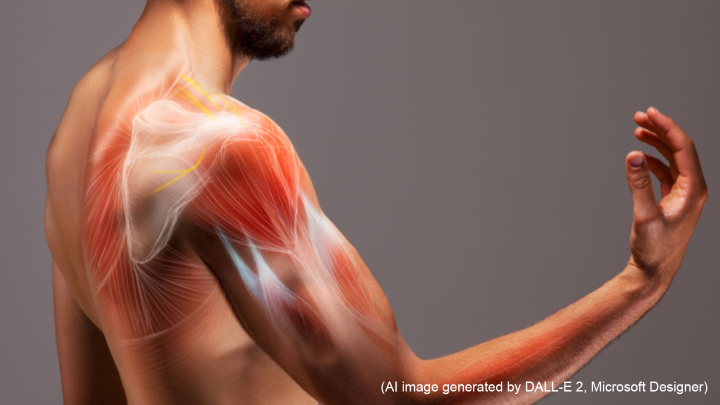#0124 High Risk of Musculoskeletal Disorders among Food and Beverage Industry Workers

High Risk of Musculoskeletal Disorders among Food and Beverage Industry Workers
People working in the food and beverage service industry (FBSI) are often subject to long hours of work involving standing and leaning forward, repetitive movements, lifting heavy weights, and overexertion. All of these activities predispose them to developing musculoskeletal disorders (MSDs, or injuries of the muscles, nerves, and bones), which constitute a major occupational hazard worldwide. In Taiwan, for instance, work-related MSDs are ranked at the top, constituting 37.7% of occupational diseases.
While a number of studies have reported on FBSI-related MSD risk factors, few have considered a population-based data to examine such risks.
Addressing this gap in knowledge in a new study, researchers conducted a study to examine the risk of developing MSDs among FBSI workers in Taiwan using five national population databases. They looked at the health records of 224,506 FBSI workers spanning a period of 15 years to identify MSDs, and then categorized them by gender, sub-industrial categories, and certificate types.
They found that FBSI workers, especially women, were at higher risk of developing MSDs, often suffering from nerve disorders such as carpal tunnel syndrome (pinched nerve in the wrist), vascular diseases such as varicose veins, spondylosis, intervertebral disc disorders, and other back and joint problems. Male workers appeared to be more predisposed to vascular diseases due to long hours spent standing while female workers had a greater risk of developing bone and joint disorders, possibly due to overexertion.
Additionally, food stall workers, males with baking licenses, and females working in restaurants or those with Chinese cuisine licenses were at higher risk of developing MSDs.
Oddly enough, FBSI workers were at a lower risk of developing joint derangements, such as dislocation, contracture, and fusing of joints, and ankylosing spondylitis, an inflammatory condition of the spine that causes individual vertebrae to fuse over time. Though these diseases could be caused due to long standing periods, their low incidence among FBSI workers can be attributed to the fact that people with (or at risk of) developing these disorders cannot apply for FBSI jobs in the first place.
The findings of this study could help identify and prioritize high-risk workers within the FBSI industry. Sub-industries can then implement specific ergonomic interventions and policy changes to benefit their workers while paying attention to their health promotion.

Link to the original journal article:
https://academic.oup.com/joh/article/63/1/e12214/7249822
Title of the paper:
Gender differences and site-specific incident risks of musculoskeletal disorders among 224 506 workers in the food and beverage service industry in Taiwan: A 15-year Nationwide Population-Based Cohort Study
Authors:
Chiung-Yu Peng, Hui-Min Hsieh, Meng-Yun Li, Lih-Jiun Liaw, Chao-Ling Wang, Chih-Hong Pan, Ming-Tsang Wu




